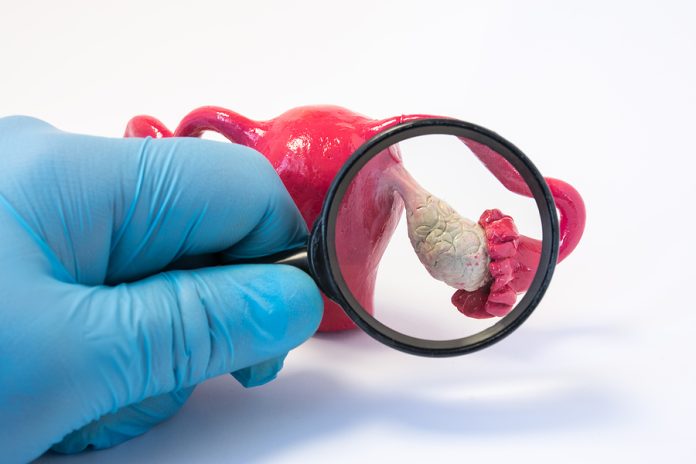At the 2021 meeting of the American College of Obstetricians and Gynecologists, Dr. Laurie McKenzie emphasised the importance of accuracy when discussing primary ovarian insufficiency, as the syndrome no longer refers to a complete failure of the ovaries.
Women living with primary ovarian insufficiency (POI) sometimes experience intermittent ovarian function, especially in the earliest stages of their diagnosis, which makes the syndrome’s former name, primary ovarian failure, both inaccurate and highly negative in its connotations.
Women with POI lose ovarian activity before the age of 40. They also experience symptoms like hot flashes and night sweats that often indicate estrogen deficiency as well as raised gonadotropins and low estradiol, which indicate disturbances to the menstrual cycle. Vaginal symptoms like dyspareunia and dryness are also often reported.
Other symptoms of POI can include mood changes and an inability to concentrate, as well as sleep disturbance, a lack of energy, low libido, stiffness, dry eyes, and altered urinary frequency.
POI affects only about 1% of women, but Dr. McKenzie, a reproductive endocrinologist and associate professor at the University of Texas MD Anderson Cancer Center and Baylor College of Medicine in Houston, encouraged gynaecologists and other doctors to be prepared with current information about POI as the syndrome can cause considerable distress.
As well, Dr. McKenzie suggested that doctors pay close attention to possible symptoms of POI when women come in with amenorrhea. Symptoms may be due to estrogen withdrawal rather than estrogen deficiency, according to Dr. McKenzie. Diagnosis and investigations of the cause of the condition typically follow 4-6 months of amenorrhea or oligomenorrhea and two measurements of elevated follicle-stimulating hormone (FSH).
Genetic factors and autosomal gene mutations play a role in POI. 94% of women who receive a diagnosis of POI have X chromosome abnormalities, like Turners-associated dysmorphic features, gonadal dysgenesis, and FMR1 abnormalities.




